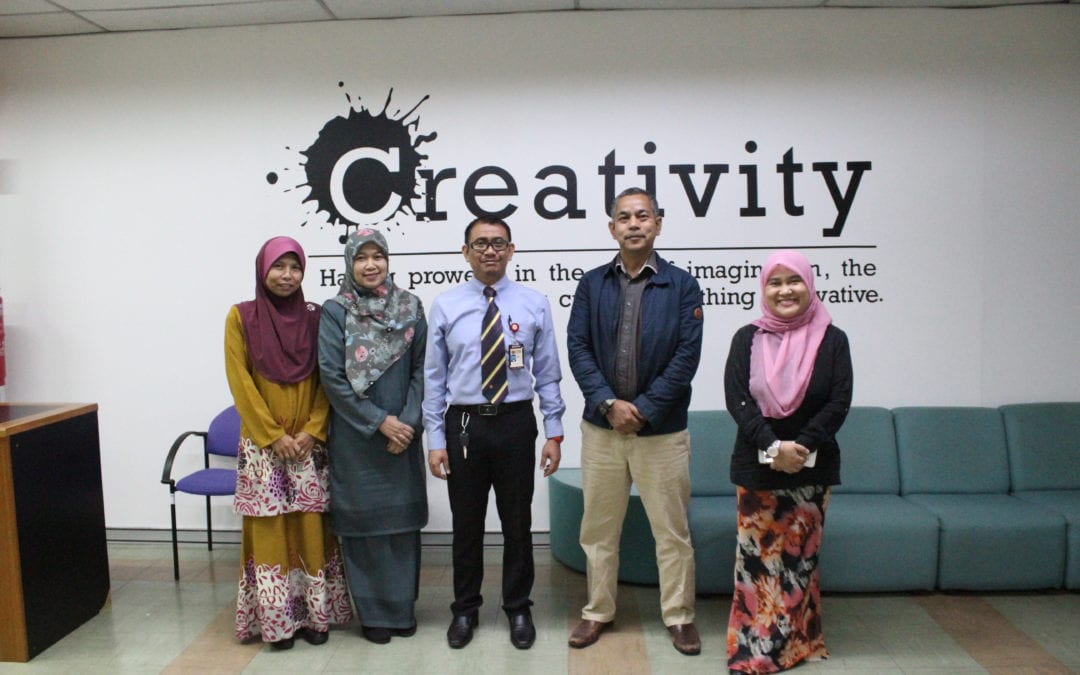“Are you fine?” Your mental health I mean. Whether you are dealing with mental illness or not, we all face rough moments in life, that are often beyond our control and provoke an emotional response, of which sometimes we couldn’t handle the emotion well. In fact, about 30 percent of the Malaysian population is mentally ill with the majority of women at high risk of experiencing the symptoms. Mental disorders may lead to depression, suicidal thoughts and behaviour. Based on ratio, one out of three people in this country is facing mental health problems and this figure is worryingly increasing.

Dr. Zulfikar bin Ahmad, Director of UTM Counselling Centre
According to Dr. Zulfikar bin Ahmad, Director of UTM Counselling Centre, individuals suffering from mental illnesses can be listed under two categories, which are neurosis and psychosis. Individuals with neurosis disease (minor mental disorders) often experience changes and disorder in their aspects of thinking, feeling and behaviour. Nonetheless, it does not affect their level of sanity. They are often aware of their health conditions and the disease does not interfere with their general functioning, both in personal life and at work. Anxiety, depression, phobias, obsessive-compulsive disorder and eating disorders are among the types of neurosis.

Following the categories, Psychoses are about major personality disorders marked by significant emotional and mental disorders. Individuals who suffer from psychoses disease experience significant changes in how they think, feel and behave. It also affected their level of sanity and they become delusional. A delusion is something the person believes is true, even when strong evidence suggests that it is false. Along with delusions, there may be auditory hallucinations, or hearing things that are not there, and perceptual disturbances. Visual hallucinations sometimes occur. They may display odd or eccentric, dramatic, emotional or erratic and anxious fearful behaviours. The three main causes of psychosis include functional (mental illness such as schizophrenia and bipolar disorder); organic (chemical imbalance, brain tumours, sleep deprivation); and psychoactive drugs (hallucinogens, amphetamines and barbiturates).
Speaking to an overwhelming attendance and packed audience during the Knowledge Sharing Programme, which was organised by UTM Library on 10 July 2019, Dr. Zulfikar also mentioned about the state of behavior and thought of abnormal psychology, the factors which contributed to abnormal psychology and the treatments and medications which can be sought through psychiatry and clinical psychology therapies. He also urged the audience to seek out information to recognise the signs and symptoms of mental illness and disorders to help themselves or someone they know live a healthier more fulfilling life.

Prepared by: Nazrinda A. Samah

